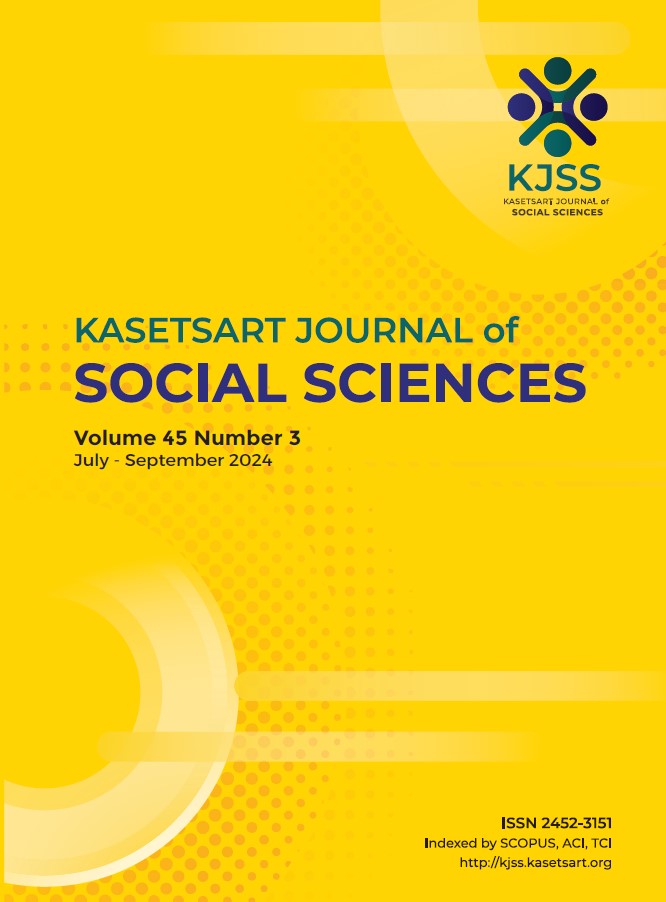Shifting from managerial implementor to culturally responsive leadership: Rethinking the framework for progressive educational leadership in Thailand
Abstract
The present article aimed to examine the meanings of Culturally Responsive Leadership and how Culturally Responsive Leadership was formulated to support educational leadership theories in Thailand. Two research questions were demonstrated as follows: (1) what does Culturally Responsive Leadership mean? and (2) how is Culturally Responsive Leadership formulated to support educational leadership theories? Documentary studies as qualitative analysis was employed to collect data from printed texts, research works and journals available in online database, which were more than 100 cases. The exclusion criterias included the documents with only abstracts and must be studies conducted in Thai and English that focused the unit of analysis in Thailand and Thai contexts. The research results indicated that educational leadership theories could be categorized into three approaches; Inclusive Leadership, Community and Place-Conscious Leadership, and Culturally Responsive Leadership. Each of three constructs significantly interrelated and overlapped to some extent in terms of concepts, perspectives and actions with one another. The results then were conceptualized based on theoretical concepts from critical curriculum literature as a framework for categorizing Culturally Responsive Leadership that were formulated to support the construction of educational leadership theories. Culturally Responsive Leadership as part of broader reconceptualist movements internationally in the field of critical curriculum leadership aims to construct socially just curriculum as well as providing implications for school principals to develop innovative, democratic and justice perspectives and practices in schools in the midst of Thailand’s latest efforts for democratic educational reform.
Downloads
Published
How to Cite
Issue
Section
License
Copyright (c) 2024 Kasetsart Journal of Social SciencesThis is an open access article under the CC BY-NC-ND license http://creativecommons.org/licenses/by-nc-nd/4.0/










